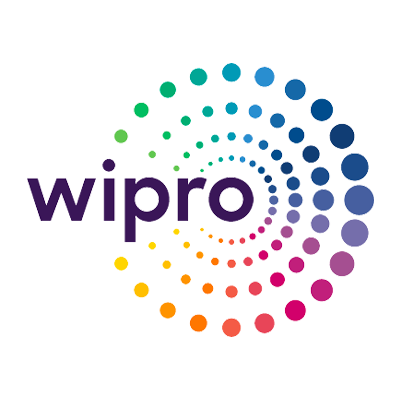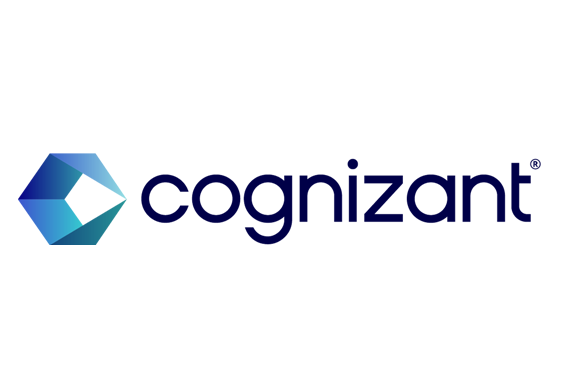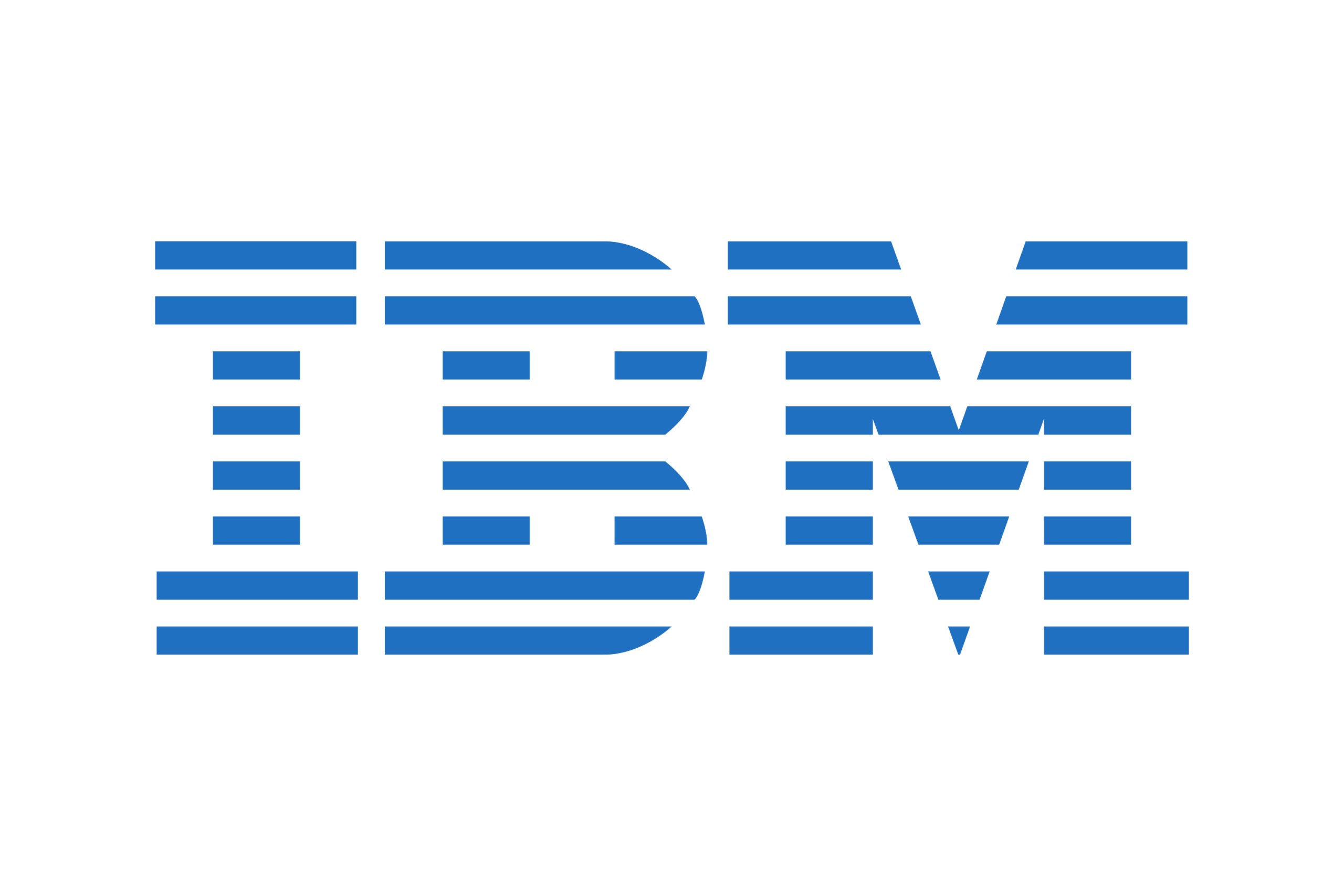Software Testing & Quality Assurance
Apply Now
🔥 Trending
Course Mode
Offline
Duration
2
Eligibility
For a B.Tech in CSE with a specialization in this field, candidates must have passed the 10+2 (Higher Secondary) examination with a Science stream, including Physics, Chemistry, and Mathematics (PCM) as compulsory subjects, from a recognized board. The minimum aggregate score is generally 50% to 60%.
Entrance Exam
WBJEE , JEE Main
Type of Course
Diploma
Course Summary
Software Testing & Quality Assurance (QA) is a critical discipline within the software development lifecycle that focuses on ensuring the final software product is reliable, functional, and performs as expected. This course teaches students the methodologies and tools needed to identify, prevent, and fix defects in software applications. The curriculum covers both manual testing, which involves human-based validation, and automated testing, which uses specialized tools and scripts. Students learn to create test plans, design test cases, execute tests, and report bugs. This field is essential for aspiring professionals who have a keen eye for detail and a passion for ensuring high-quality technology products.
📅 Upcoming Admission Deadlines
- software-testing-quality-assurance with 50% scholarship August 28, 2026
Top Recruiters

TCS

Wipro

Cognizant

Accenture

IBM
Infosys

HCL Technologies

Microsoft

Amazon
Career Scope
Electric Engineer
Network Engineer
Frontend Engineer
Web Developer
College-wise Fees
Frequently Asked Questions
Software testing is the process of evaluating a software application to ensure it functions correctly, meets requirements, and is free of defects, ultimately improving its quality and reliability.
Quality Assurance (QA) is a proactive process that focuses on preventing defects by implementing processes and standards throughout the development lifecycle. Software Testing is a reactive activity that occurs after development to find defects, evaluate quality, and verify functionality.
Testing types are broad categories, including functional testing (testing what the software does) and non-functional testing (testing how it performs, e.g., performance or security). Specific examples include Unit Testing (testing individual components), Integration Testing (testing how components work together), and Regression Testing (re-testing after changes to ensure new bugs weren't introduced).